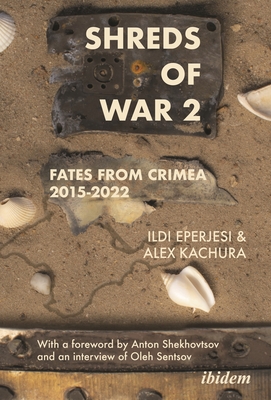
Part of Series
One quarter of all Holocaust victims lived on the territory that now forms Ukraine, yet the Holocaust there has not received due attention. This book delineates the participation of the Organization of Ukrainian Nationalists (OUN) and its armed force, the Ukrainian Insurgent Army ( Ukrainska povstanska armiia ―UPA), in the destruction of the Jewish population of Ukraine under German occupation in 1941–44. The extent of OUN’s and UPA’s culpability in the Holocaust has been a controversial issue in Ukraine and within the Ukrainian diaspora as well as in Jewish communities and Israel. Occasionally, the controversy has broken into the press of North America, the EU, and Israel. Triangulating sources from Jewish survivors, Soviet investigations, German documentation, documents produced by OUN itself, and memoirs of OUN activists, it has been possible to establish that: OUN militias were key actors in the anti-Jewish violence of summer 1941; OUN recruited for and infiltrated police formations that provided indispensable manpower for the Germans' mobile killing units; and in 1943, thousands of these policemen deserted from German service to join the OUN-led nationalist insurgency, during which UPA killed Jews who had managed to survive the major liquidations of 1942.
Author



